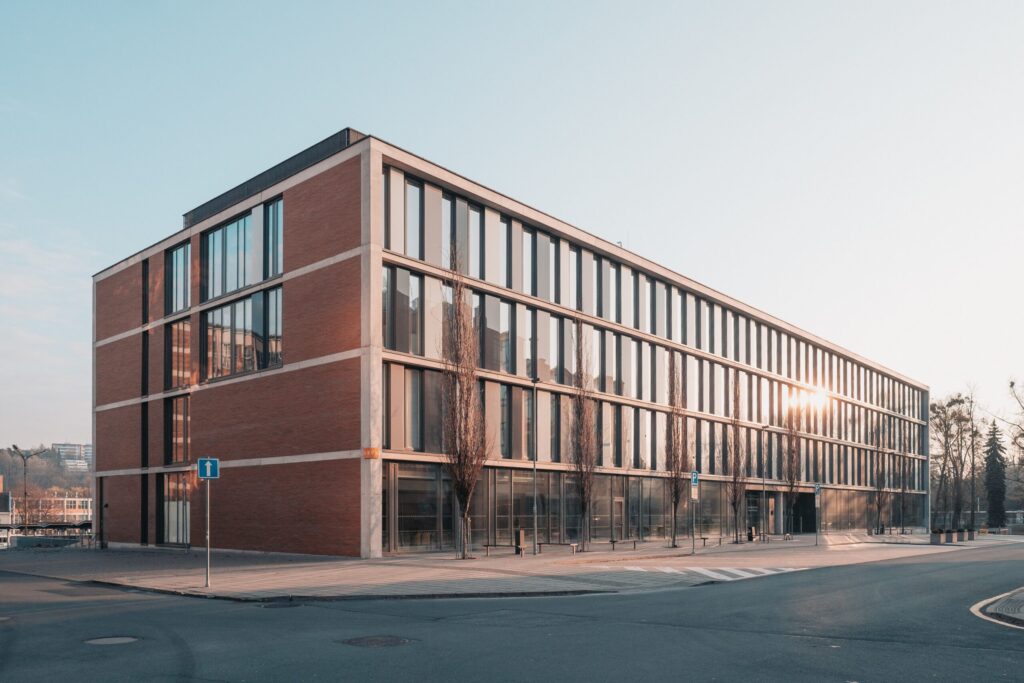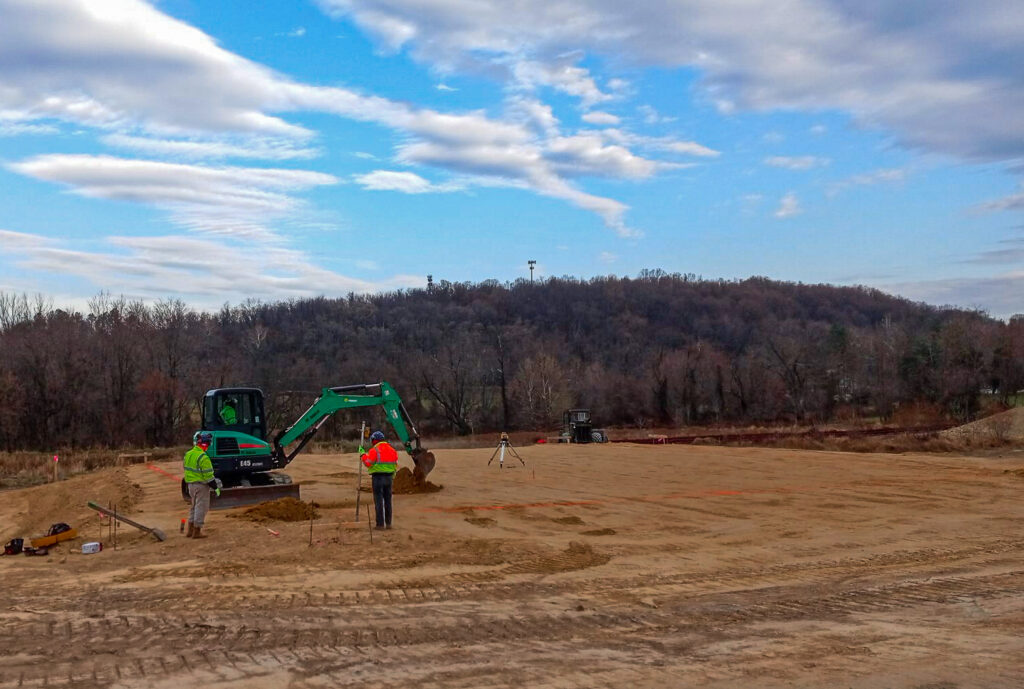Let’s face it – if you knew how to design and build your construction project, you probably wouldn’t be reading this right now. Maybe you own a food truck and are looking to open your first brick-and-mortar. Maybe you own five fitness centers, and you are looking to rapidly expand 10 more. Maybe you’re a developer and need a new in-line shopping center shell built. Whatever your situation, you’re not the contractor and that’s why you landed on this page!Construction is our area of expertise and we know the Pre-Construction phase is the most critical yet most overlooked phase of a construction project.
What is Pre-Construction?
The pre-construction phase entails developing a project strategy, designing the project or design assisting, obtaining permits, entitlements, and assembling the project team and materials needed for construction. Pre-construction services can give owners a formal method for establishing the budget, scope, and timeline needed to complete the construction on schedule and under budget. Pre-construction is the most critical phase of any construction project. The foundation of the project’s communication and procedure is established during this phase, which also sees the project team become organized and unified in their goal. Without a solid foundation, a construction project can easily sink into chaos, resulting in communication breakdowns, process flaws, and even schedule delays. The most successful construction projects give priority to the pre-construction process.
THE 4 ELEMENTS
COST
Better clarity can improve the budgeting process significantly. Pre-construction planning services enable you to set an accurate budget and make adjustments prior to the start of the project. Real-time, precise cost estimation will lead to better financial management and will be beneficial when applying for funding from a bank or stakeholders of the project. Budgeting is more important than ever with the vast fluctuation in material costs, volatility in the Consumer Price Index, supply chain disruptions, and material shortages.
SCHEDULE
The preliminary schedule primarily acts as a baseline for the client to see when specific phases of the work will start and finish. This will be adjusted as final decisions for the project are made, but it provides the client with a clearer and more realistic idea of the construction schedule. To give a general idea of how long it will take to complete the job, the contractor will estimate the number of days needed to complete each task and attach dependencies to each task so that follow-on is accurately accounted for. There are typically a handful of items or sometimes just one that is identified as “the long pole of the tent,” meaning it is the most important task that many other tasks need to keep the project pressing on.
As with budgeting, the schedule also provides the owner with opportunities to hit their own milestones, whether it be funding, leasing, or re-capitalization in a timely manner to not delay the overall project. This is critical in today’s world where long lead times & design delays have become the norm, not the exception.
PREVENTING PROBLEMS FROM ARISING/ELIMINATING PROBLEMS/FINDING BLINDSPOTS
Probably the most beneficial aspect of pre-construction planning is its ability to head off problematic circumstances and blind spots that may exist on the project. Whether it’s how to reconfigure the schedule because of discovered product delivery delays or needing to engineer certain aspects of the project for foundational or structural support, heading these issues off before construction begins is critical. This prevents delays in the schedule and funding, as well as puts the construction team on the same page. Often going through this exercise uncovers risk or potential “showstopper,” issues that were never thought about or recognized during early inception which is a win for all parties involved.
PROJECT TEAM / PROJECT COMMUNICATION
Setting up a project team is important to do as early in the project as possible. It’s important to establish the key players based on their experience and expertise. You’ll have Architects, Engineers, Project Executives, Project Managers, Superintendents, and trade partners that all must be brought together to work as a team and make the project a success. You want your team to be invested in the project as early as possible to keep consistent vision, clarity, and communication.
PRE-CONSTRUCTION SERVICES IN THE DC METRO AREA
Have a project that you need Pre-Construction services on? Contour Construction has the expertise to kick your project off to the right way. Don’t wait, contact us to day to get your project rolling! #BuildingDestinations




